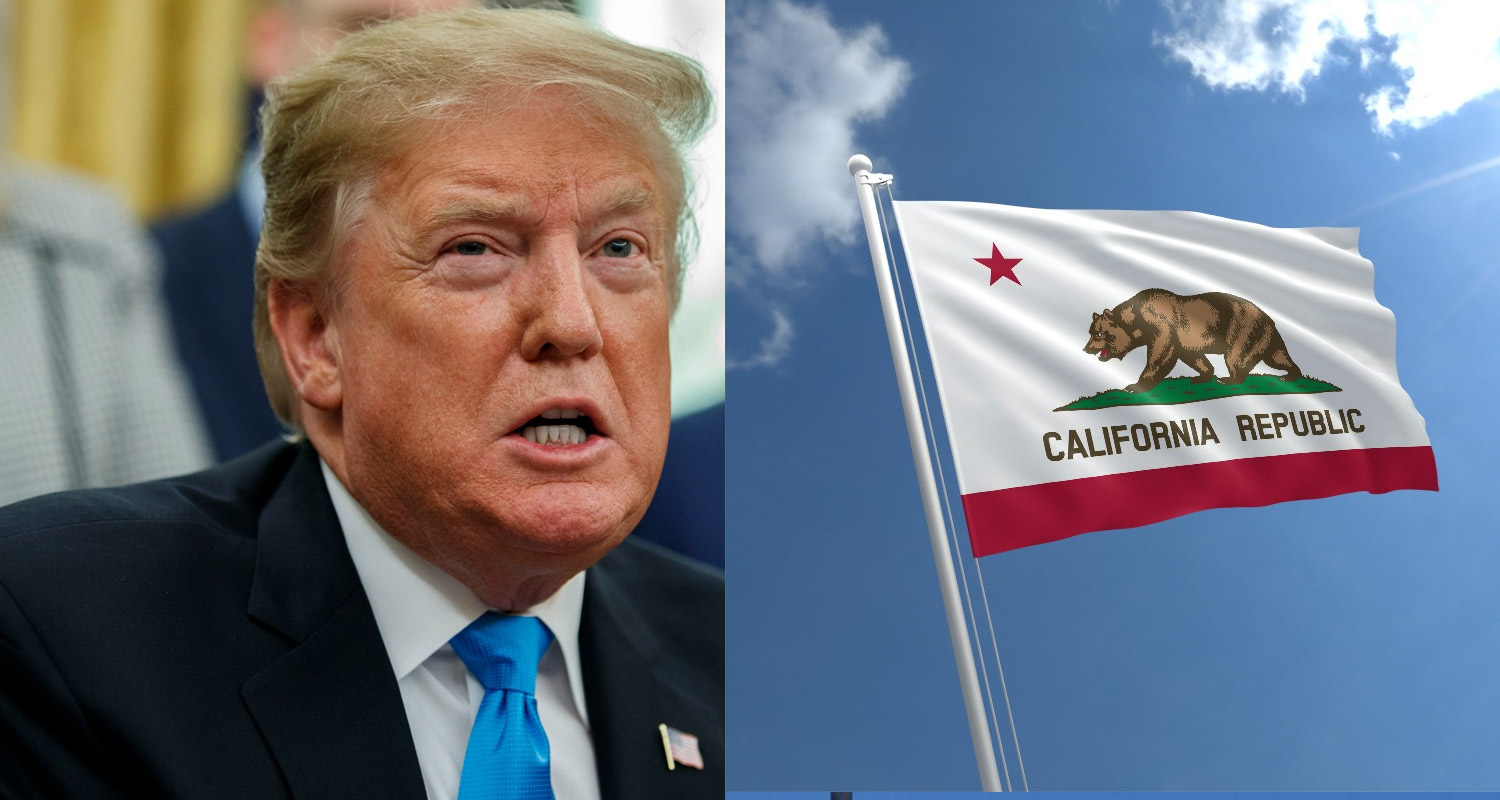Donald Trump chose to buck the precedent during the 2016 presidential campaign by opting not to release his personal tax returns. After making various promises that he “intended” to make them public, or “wanted” to make them public, he ultimately retreated to saying that his returns were under routine audit and his attorneys advised him not to release the returns. That decision has been questioned by many as simply a way to avoid releasing the returns under the assumption that they contain something embarrassing for Trump.
Since the 2016 election, the movement has continued among some to try and force the release of Trump’s returns in the 2020 cycle. The latest move is California which is trying to pass legislation which mandates that in order to appear on the ballot as a presidential candidate, the candidate must release five years of tax returns.
Report from the Sacramento Bee on the progress in California and whether this type of legislation even passes constitutional merit:
For the second time in three years, a California Democrat is trying to force President Donald Trump to release his tax returns.
Under Senate Bill 27, presidential candidates from all parties would need to publicly disclose the last five years of their tax returns if they want to have their name on the state’s primary ballot.
Former Gov. Jerry Brown – who didn’t release his own tax returns – vetoed the same proposal in 2017, warning it “may not be constitutional” and could set a “slippery slope” precedent.
As noted, Gov. Jerry Brown, who also did not release his returns when running for Governor, vetoed the legislation citing his personal privacy and not wanting to set a “slippery slope” for demanding all kinds of information from candidates that could dissuade good people from running for office.
However, polls show that the public is strongly on the side of candidates releasing their returns even though voters clearly didn’t hold it against Trump in 2016:
Public opinion polls show the vast majority of people want to see Trump’s tax returns. In the months leading up to the 2016 presidential election, 74 percent of American likely voters, including 62 of Republicans, said in a Quinnipiac University poll that Trump should release the information. Nearly three-fourths of adults surveyed after the election in a Washington Post/ABC News poll agreed the president should disclose his tax records.
After winning the presidency, when asked about his tax returns in 2017, Trump said he wouldn’t be releasing any returns while he was President:
Trump’s tone has shifted a bit now that he’s in office, as he’s suggested he wouldn’t release the document during his presidency. In May 2017, he told The Economist, “I might release (the tax returns) after I’m out of office.”
Trump saying he “might” release the returns when he’s out of office is the equivalent of Trump saying there’s no way in hell he’s going to release the returns. Period.
What about the California law, and others like it? Would they pass constitutional merit? Writing for Politico in 2017, Professor Richard Hasen argued that states could try it, but the ramifications would be far-reaching and probably would cause more problems than it’s worth:
It’s hard to predict how courts will rule, but given precedents on both sides of the issue, the argument for the tax return gambit is not a slam dunk. The Supreme Court might, if faced with the issue, hold that state legislators cannot require tax returns of presidential candidates even given state legislatures’ much greater power over presidential elections.
Essentially this issue has not been tested before the courts, so it’s an uncharted legal territory.
Let’s say, for hypothetical, that California did pass the law, take it to the courts, and then ultimately prevailed in time for the 2020 Presidential election. The end result might still be unsatisfying for California politicians since Trump could pull the ultimate nuclear option and simply decide to leave his name off the ballot in the Golden State.
That seems absurd on face value to not be on the ballot in the most populous state in the country, but with his Electoral College win in 2016, Trump proved he didn’t need California, or New York, or any of these heavily Democratic-controlled states considering this kind of legislation.
The other issue, according to Hasen, is how Republican-controlled states might respond to California’s law with their own form of ballot-access provisions:
Still, Democrats should consider the Pandora’s box they might be opening here. Will solidly Republican states allow electors to vote only for Republican candidates for president? If the tax gambit is OK, then such a law might also be constitutional. Or perhaps the GOP would retaliate with laws aimed at voter suppression or other such measures that target typically Democratic constituencies.
The path doesn’t look open for states hoping to force Donald Trump’s hand on the tax return issue in 2020. The most likely avenue still seems to be in Congress where Democrats control the committees and are working feverishly to come up with some reason to subpoena the returns and then possibly leak them publicly if they contain something embarrassing for Trump.
Sen. Kirsten Gillibrand is the first Democratic candidate to release her tax return ahead of the pack, and she made a point of jabbing Trump in the process. Look for the rest of the Democratic field to do the same in the coming months and make an issue out of it, as Hillary tried to, during the general election as well.
Donate Now to Support Election Central
- Help defend independent journalism
- Directly support this website and our efforts
